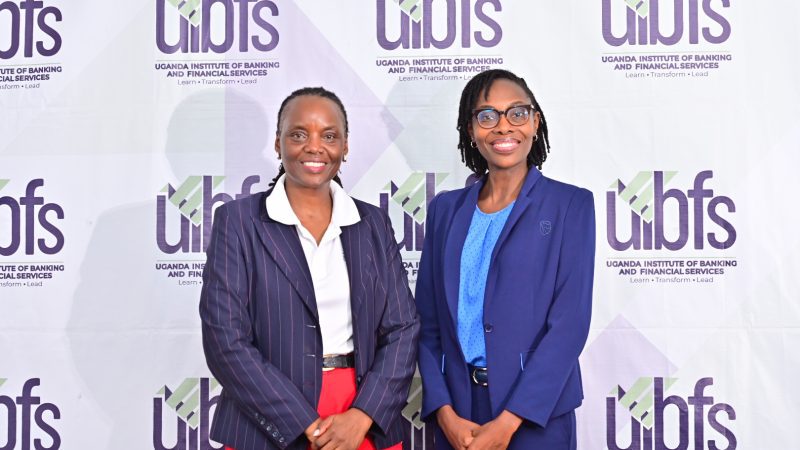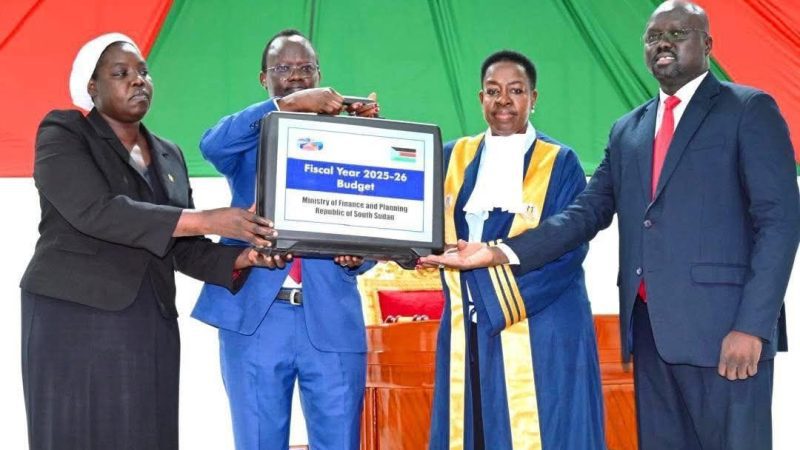The Ugandan National Bureau of Standards (UNBS) will now certify all farm produce entering South Sudan from and through Uganda in a bid to combat high levels of aflatoxins, according to officials.
The decision was reached during a one-day meeting between the South Sudan National Bureau of Standards (SSNBS) and the Ugandan National Bureau of Standards in Nimule on Thursday.
According to the U.S. National Cancer Institute, aflatoxins are a family of toxins produced by certain fungi that are found on agricultural crops such as maize (corn), peanuts, cottonseed, and tree nuts, among others. The main fungi that produce aflatoxins are Aspergillus flavus and Aspergillus parasiticus, which are abundant in warm and humid regions of the world.
The Nimule meeting aimed to address the maize row that had threatened to ruin border trade between the two countries.
In April 2023, South Sudan impounded 92 trucks from Uganda carrying maize, maize flour, beans, and millet. The goods were deemed unfit for human consumption. The results from the sample of 27 commodities on 27 trucks showed that five of the consignments were contaminated with aflatoxins.
Speaking after meeting on Thursday at the Nimule checkpoint, Dr. Kuorwel Kuai Kuorwel, the chairperson of the SSNBS, said they agreed that all importers from Kampala and exporters from Juba meet standards.
“We have discussed and have resolved to make sure that all importers from South Sudan and exporters from Uganda ensure that all goods that are coming from Uganda are to be certified by UNBS,” he said. “It is important for our traders to know very well that product certification is not about the company certification, it is about that particular product being certified by UNBS. The arrangement which we had by then has been to make sure that high-risk product is to be accompanied by a certificate of analysis.”
For his part, Daniel Nangalama, the Acting Executive Director of UNBS, said they would create awareness and train all stakeholders in the value chain, from the farm to the final consumer on how to handle the food to avoid contamination.
“We have also recognized that we cannot solve this thing only as bureaus of standards, the issue of aflatoxin,” he stated. “Another thing is a value chain, it starts from the farm, it goes to production, it goes post-harvest and this therefore means we shall engage other actors from agriculture, grain council, and elsewhere to see that the whole thing is holistic.”
“It involves sensitization, awareness on standards and good practices right from the farm up to this level,” Nangalama added.
According to scientists, consuming foods with high aflatoxin levels increases the risk of cancer and other related diseases.









